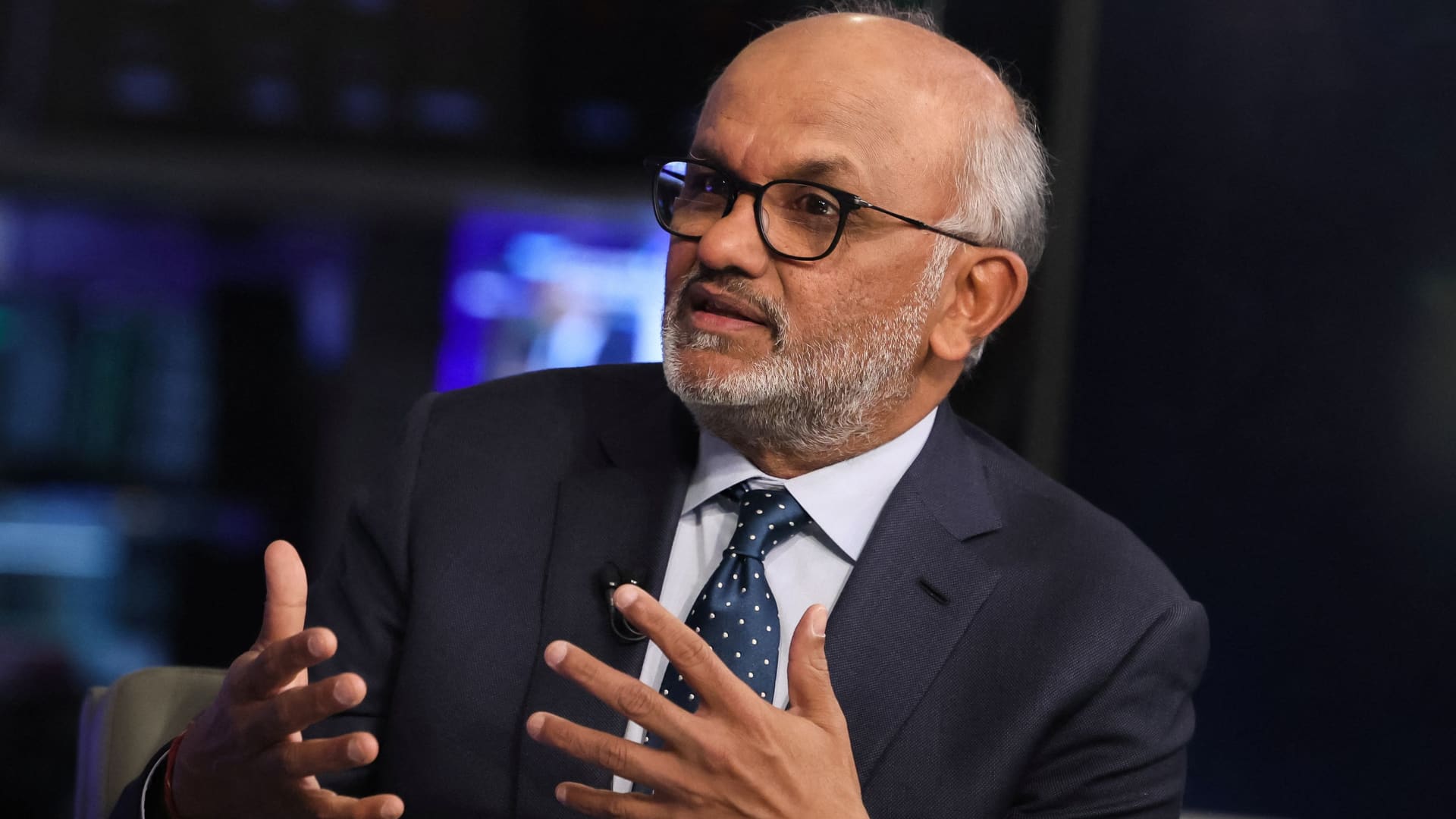The Guardian view on the Murdoch family drama: mogul’s death could imitate art
Events in a US court reveal a story that rivals HBO’s Succession with a patriarch’s waning control, sibling rivalries and a media empire at stake“All happy families are alike; each unhappy family is unhappy in its own way,” begins Leo Tolstoy’s novel Anna Karenina. This is an appropriate lens to view Rupert Murdoch’s semi-public family feud. This week, it emerged that the media mogul had lost the first round in his legal bid to secure his empire for Lachlan, his eldest son and anointed heir, over his other children – James, Elisabeth and Prudence. More than a power play, it was Murdoch’s final push to secure his rightwing media vision, even at the expense of family unity.The familial strife – driven by blurred lines between business and family, ideological clashes and a patriarch’s weakening grip – exemplifies Tolstoy’s “unique unhappiness”. The Murdochs’ conflicts are shaped by their extraordinary wealth, influence and public scrutiny. The divisions could paralyse corporate decision making, destabilising a media empire with significant repercussions for the culture and politics of the Anglosphere. Continue reading...

Events in a US court reveal a story that rivals HBO’s Succession with a patriarch’s waning control, sibling rivalries and a media empire at stake
“All happy families are alike; each unhappy family is unhappy in its own way,” begins Leo Tolstoy’s novel Anna Karenina. This is an appropriate lens to view Rupert Murdoch’s semi-public family feud. This week, it emerged that the media mogul had lost the first round in his legal bid to secure his empire for Lachlan, his eldest son and anointed heir, over his other children – James, Elisabeth and Prudence. More than a power play, it was Murdoch’s final push to secure his rightwing media vision, even at the expense of family unity.
The familial strife – driven by blurred lines between business and family, ideological clashes and a patriarch’s weakening grip – exemplifies Tolstoy’s “unique unhappiness”. The Murdochs’ conflicts are shaped by their extraordinary wealth, influence and public scrutiny. The divisions could paralyse corporate decision making, destabilising a media empire with significant repercussions for the culture and politics of the Anglosphere.













































